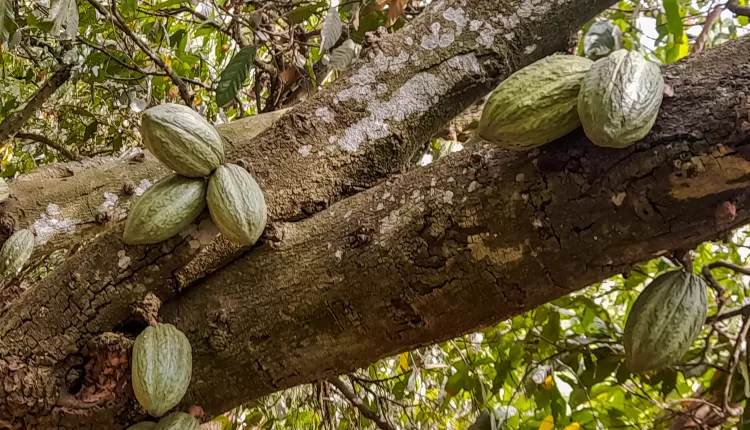The International Cocoa Organisation (ICCO) has sounded a warning to Ghana, urging swift action to address significant “structural issues” within its cocoa sector.
The organisation highlights the potential for a cascade of problems amid a deepening supply crisis, revealing a 35 percent year-on-year plunge in graded and sealed cocoa purchases in January 2024.
The ICCO’s concern centres on the long-term sustainability of Ghana’s cocoa sector, grappling with challenges such as aged trees, diseases, inadequate farm gate prices and climatic difficulties.
Adding complexity to the situation is the looming enforcement of the European Union’s deforestation regulation, which could restrict cocoa production if farms fail to comply.
“There is a general view that the ongoing supply tightness originated from structural issues. With the leading producer taking strategic steps, major players must reconsider the structural challenges [aged trees, diseases, remunerative farm gate prices, climatic challenges, among others] faced by the cocoa sector,” ICCO stated in its January cocoa market report.
Supply shortfall
Reports indicate that COCOBOD, Ghana’s cocoa sector regulator, anticipates a significant shortfall in cocoa output for the 2023/24 season, with a projected 40 percent deficit from the targeted 820,000 metric tonnes.
Factors contributing to this decline include adverse weather conditions, smuggling, illegal gold mining and the widespread prevalence of swollen shoot disease.
During the previous 2022/23 season, COCOBOD reported a loss of approximately 150,000 tonnes of cocoa due to smuggling and illegal gold mining activities. Additionally, the cocoa swollen shoot virus ravaged around 500,000 hectares of cocoa farmlands.
Efforts to address these production challenges are reportedly underway, including farm rehabilitation programmes, the onset of the rainy season and collaborative initiatives with security agencies to combat smuggling.
The declining cocoa production in both Ghana and Côte d’Ivoire, coupled with growing deficits, has propelled global cocoa prices to historic highs.
Traders are grappling with heightened demand and pricing fluctuations, with the London Cocoa Futures surpassing £5,000 and New York Cocoa breaching the US$6,000 mark.
Cocoa prices remain high, supported by concerns that an El Nino weather event could undercut global cocoa production.
Cocoa prices rallied to a 12-year high in 2016 after an El Nino weather event caused a drought that hampered global cocoa production.
The ICCO reports that the global supply shortfall, compounded by ongoing intense Harmattan winds in West Africa, is exacerbating the bullish prices situation.
Arrivals at Ivorian ports have seen a 34 percent year-on-year decrease; and in Ghana, graded and sealed cocoa purchases have declined by 35 percent compared to the previous year.
The cocoa industry’s downturn is having a ripple-effect, with major players like state-owned Produce Buying Company Limited (PBC) facing financial difficulties.
Last month, PBC’s creditors, including six commercial banks — who are owed a total of GH¢495.4million by the company — earned a court ruling authorising them to sell off the company’s assets to recover their loans.
The tale is scarcely different with the Cocoa Processing Company (CPC), with expected inflows stalling, leaving the company on the brink.
Consequently, policy analyst Bright Simons has called for a comprehensive overhaul of the CPC, describing it as an “operational mess”.
Mr. Simons points to the CPC’s low share of processed cocoa exports and a low plant utilisation rate as evidence of its problems.
Despite recent efforts by the CPC to enhance efficiency, Simons deems them as mere “sideshows.” He underscores the need for urgent reforms, citing the CPC’s accumulated losses and questionable financial manoeuvres.
- Major Ghana Cocoa Region 81% Infected with Bean Disease - July 22, 2024
- Ghana to Delay More Cocoa Deliveries as Supply Crisis Worsens - June 12, 2024
- Cocoa Production Helping Mitigate Climate Change Impact - June 10, 2024
